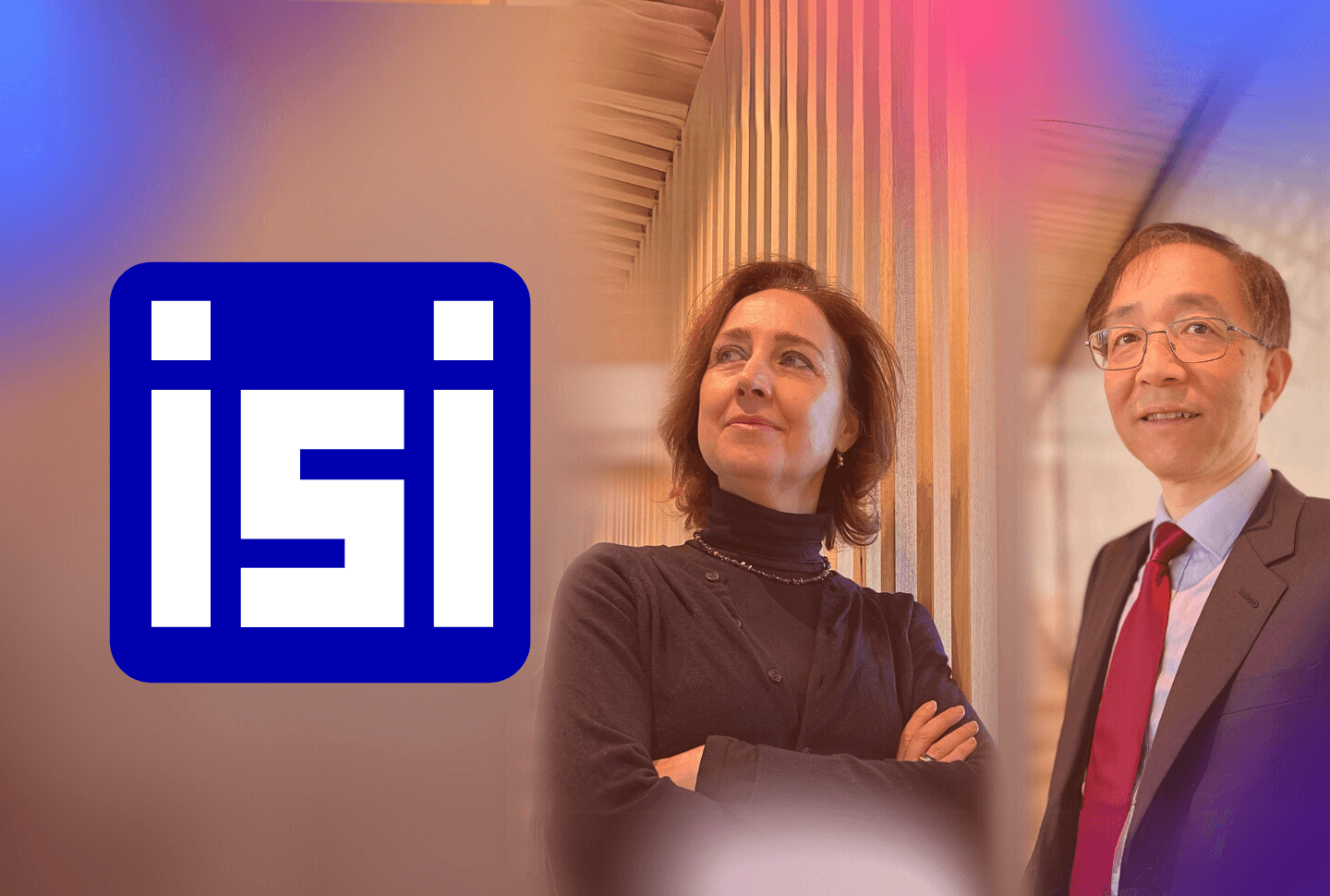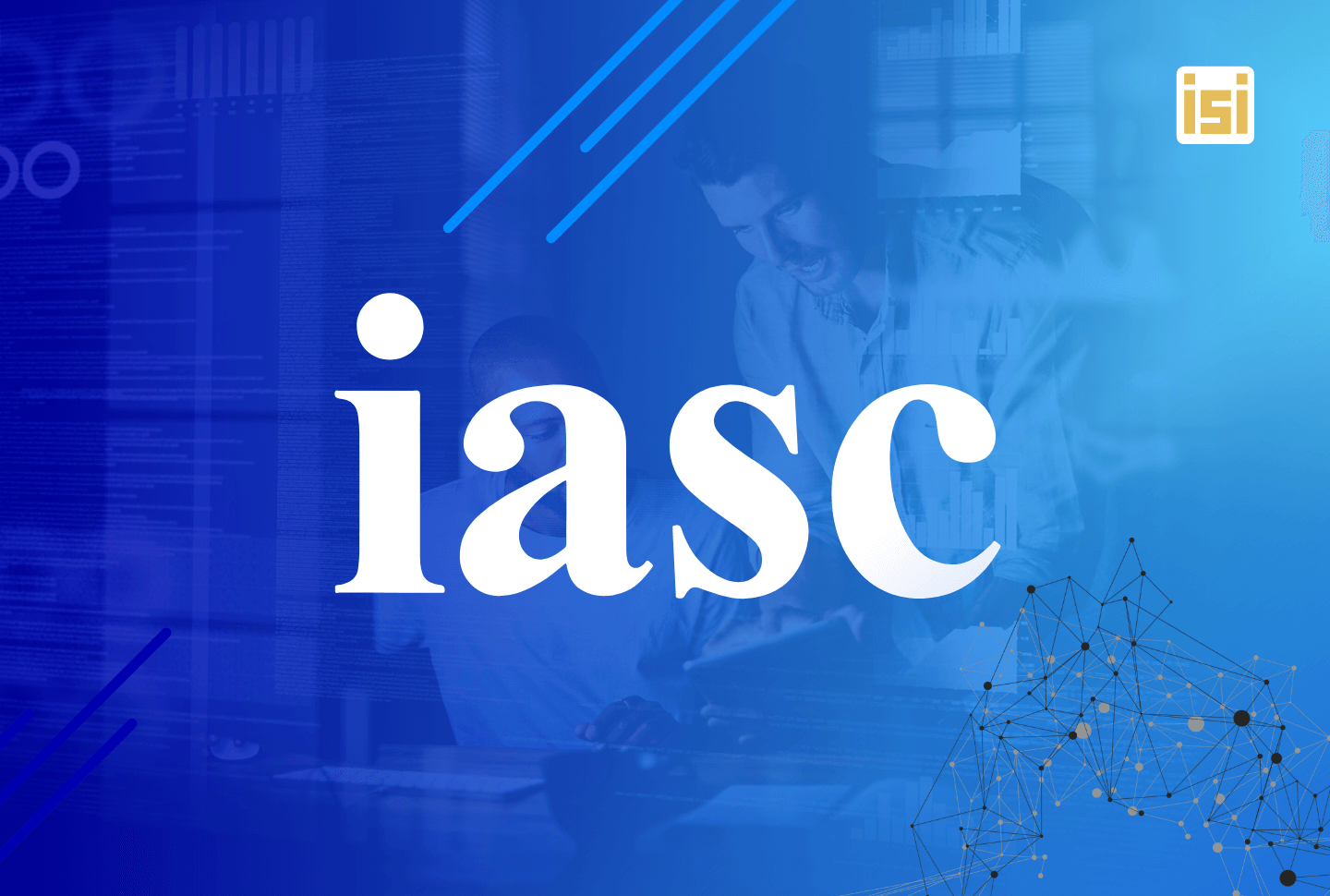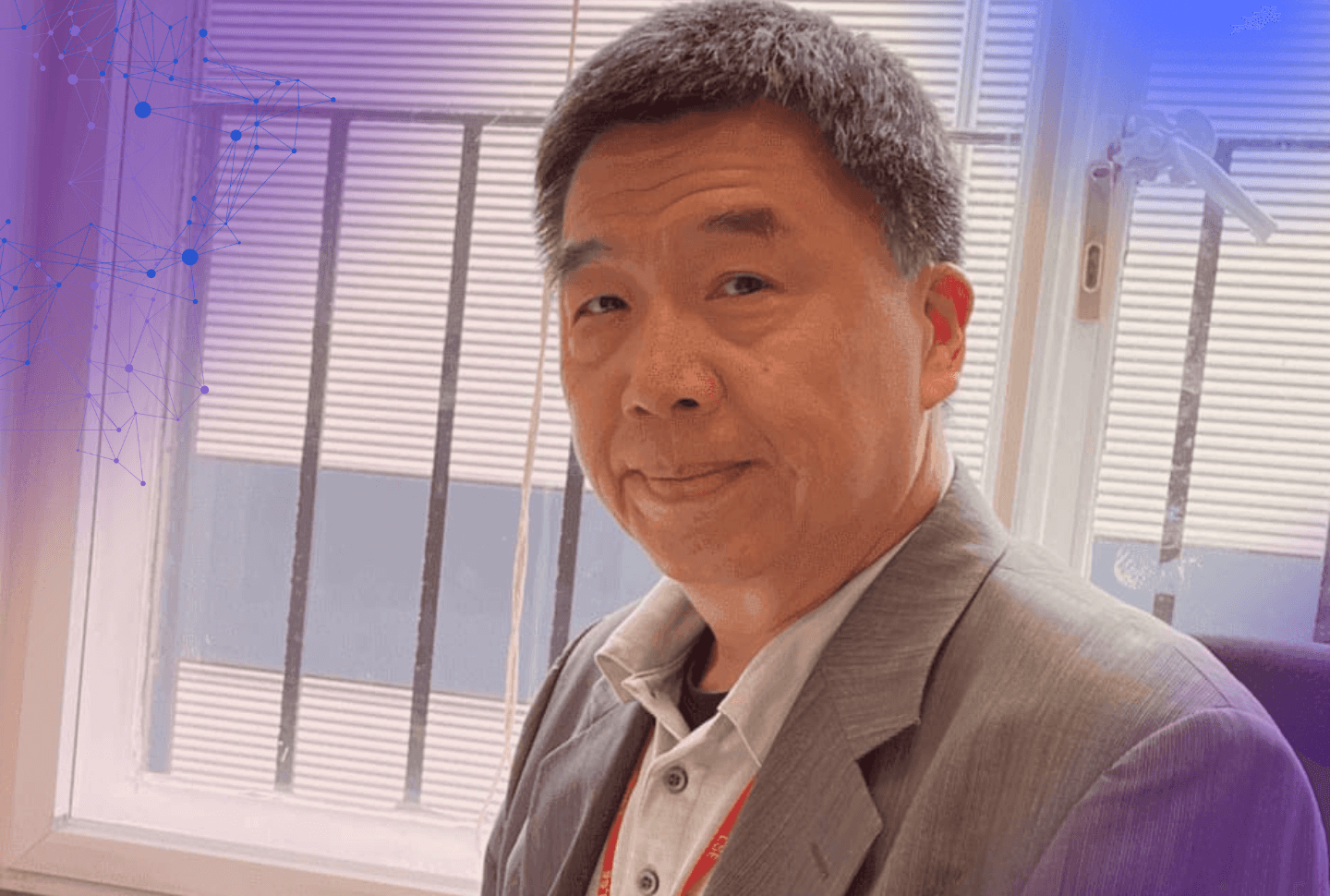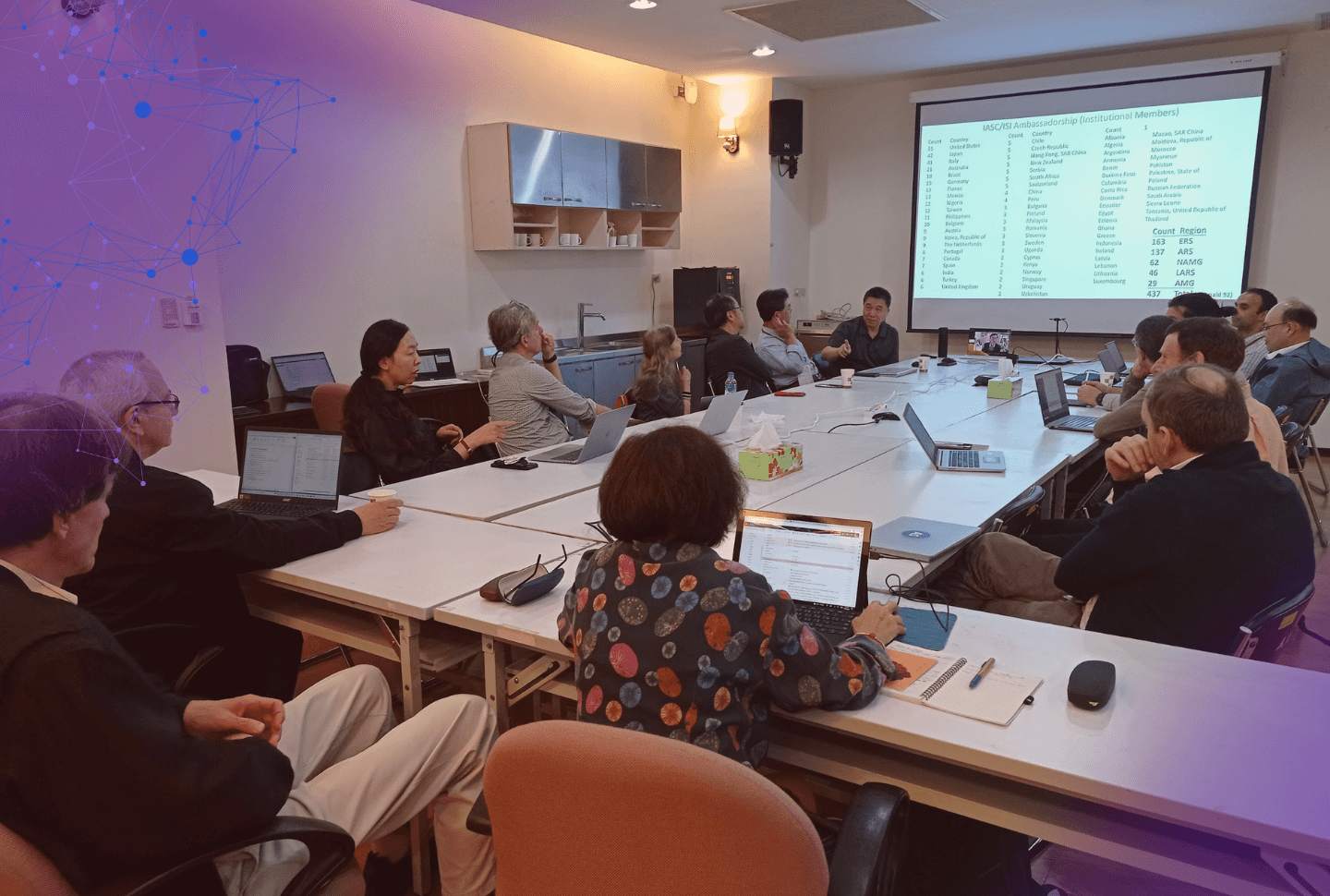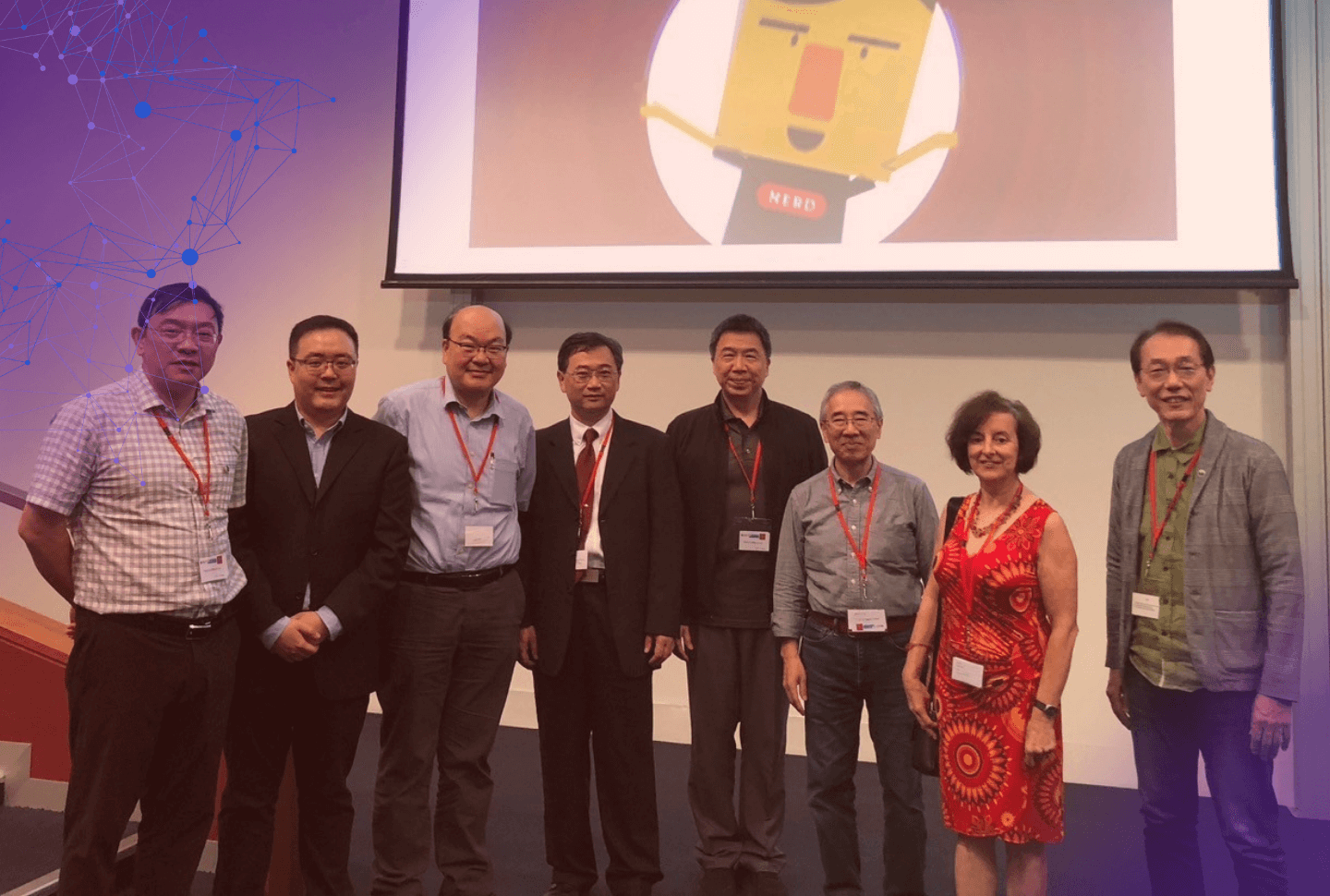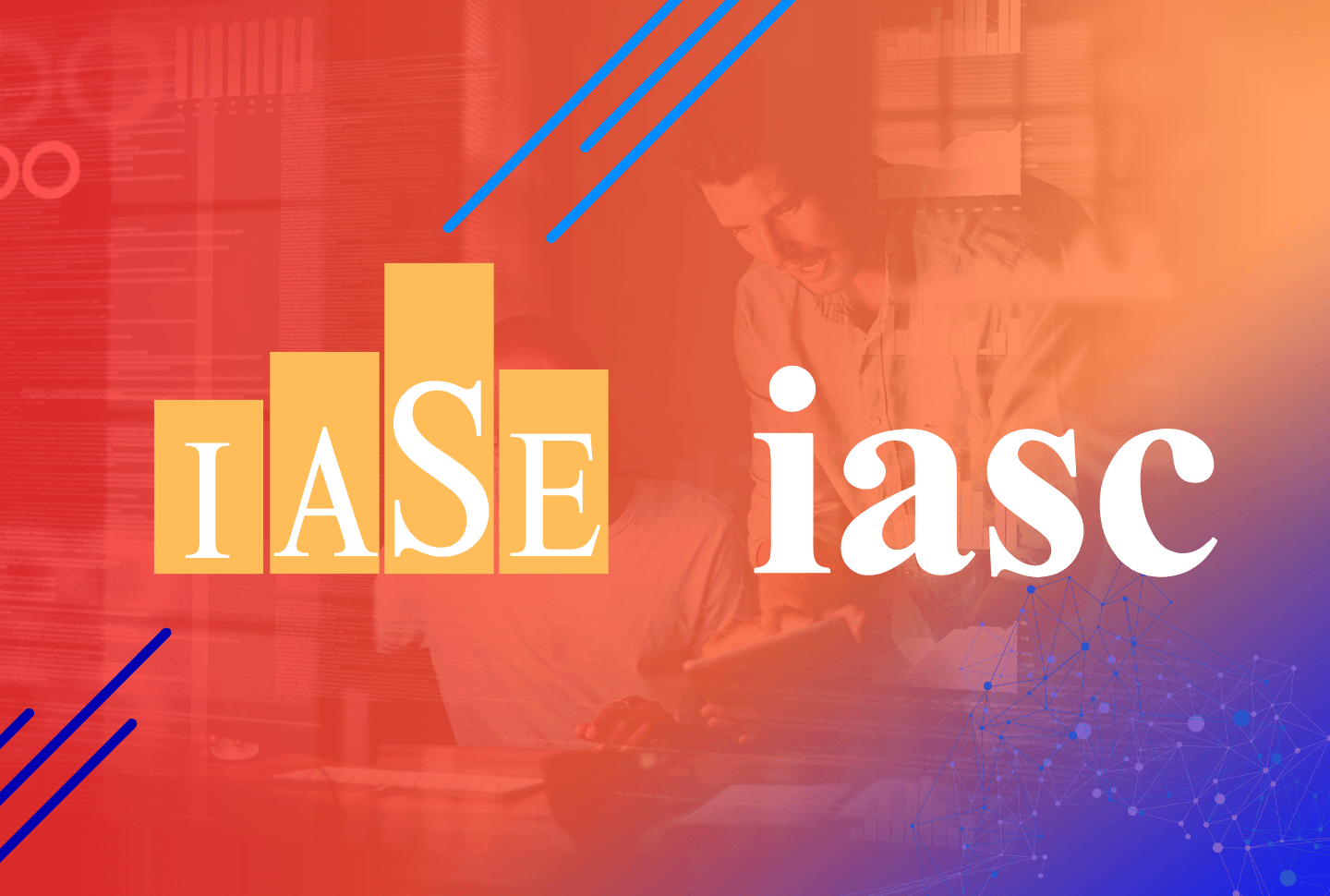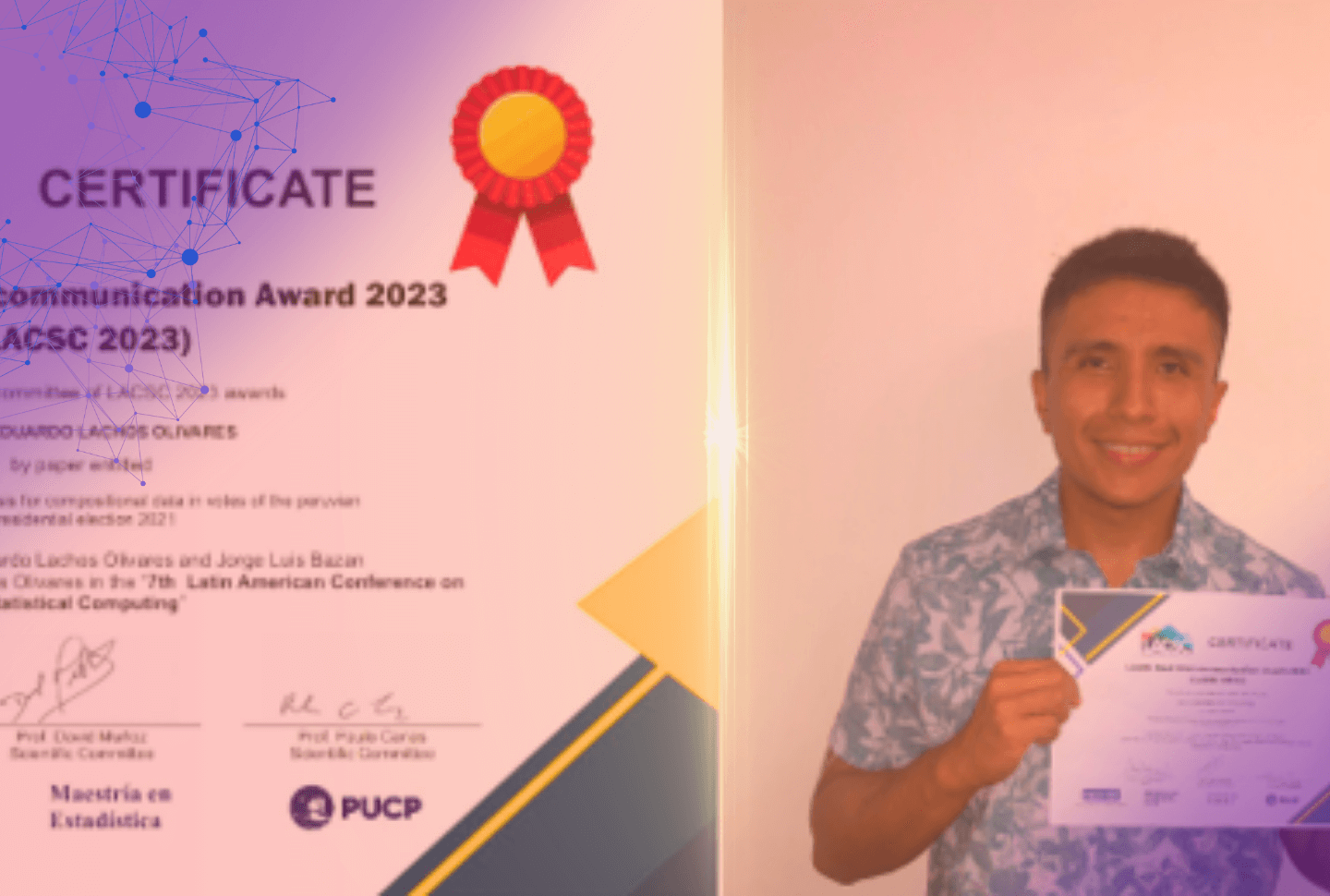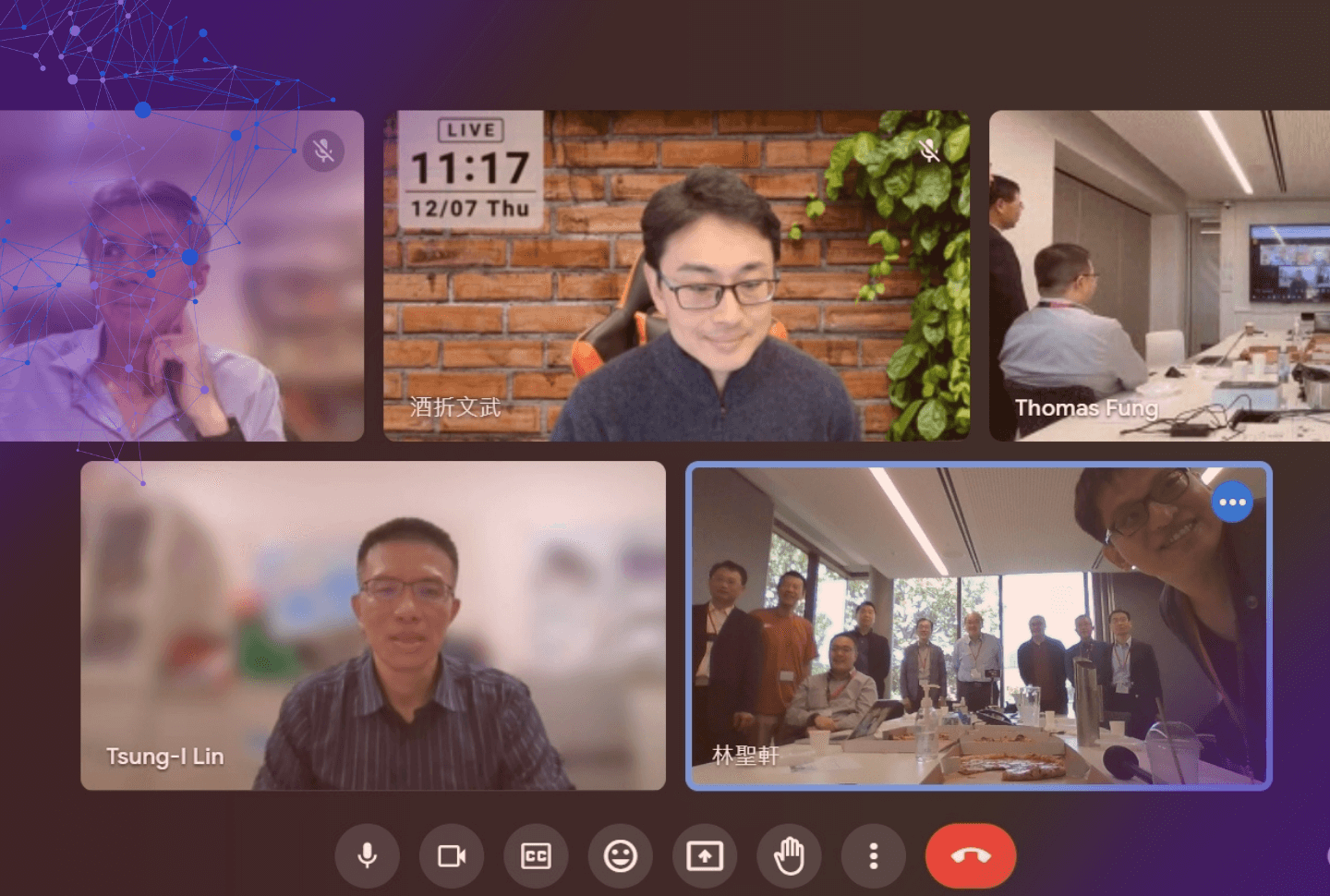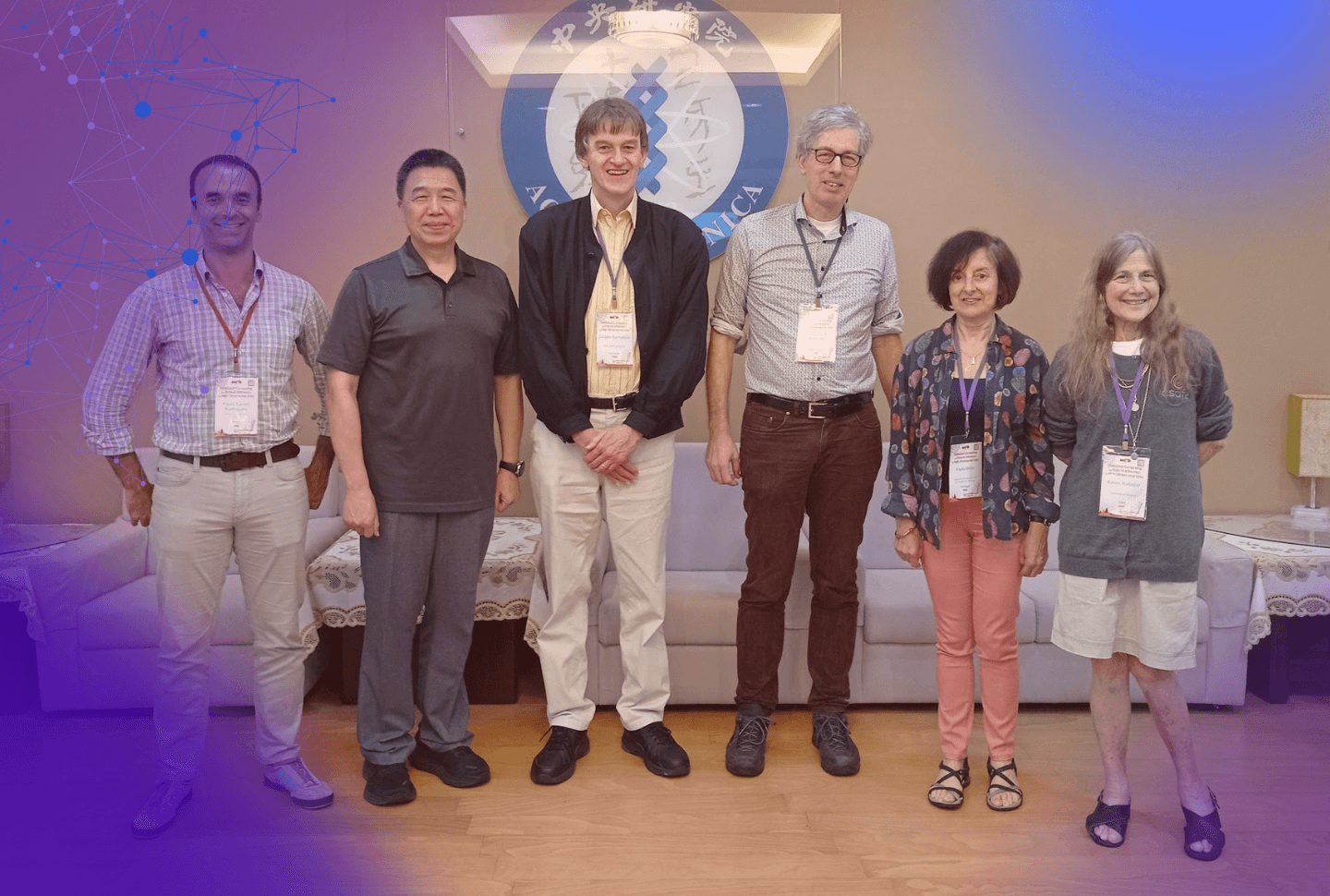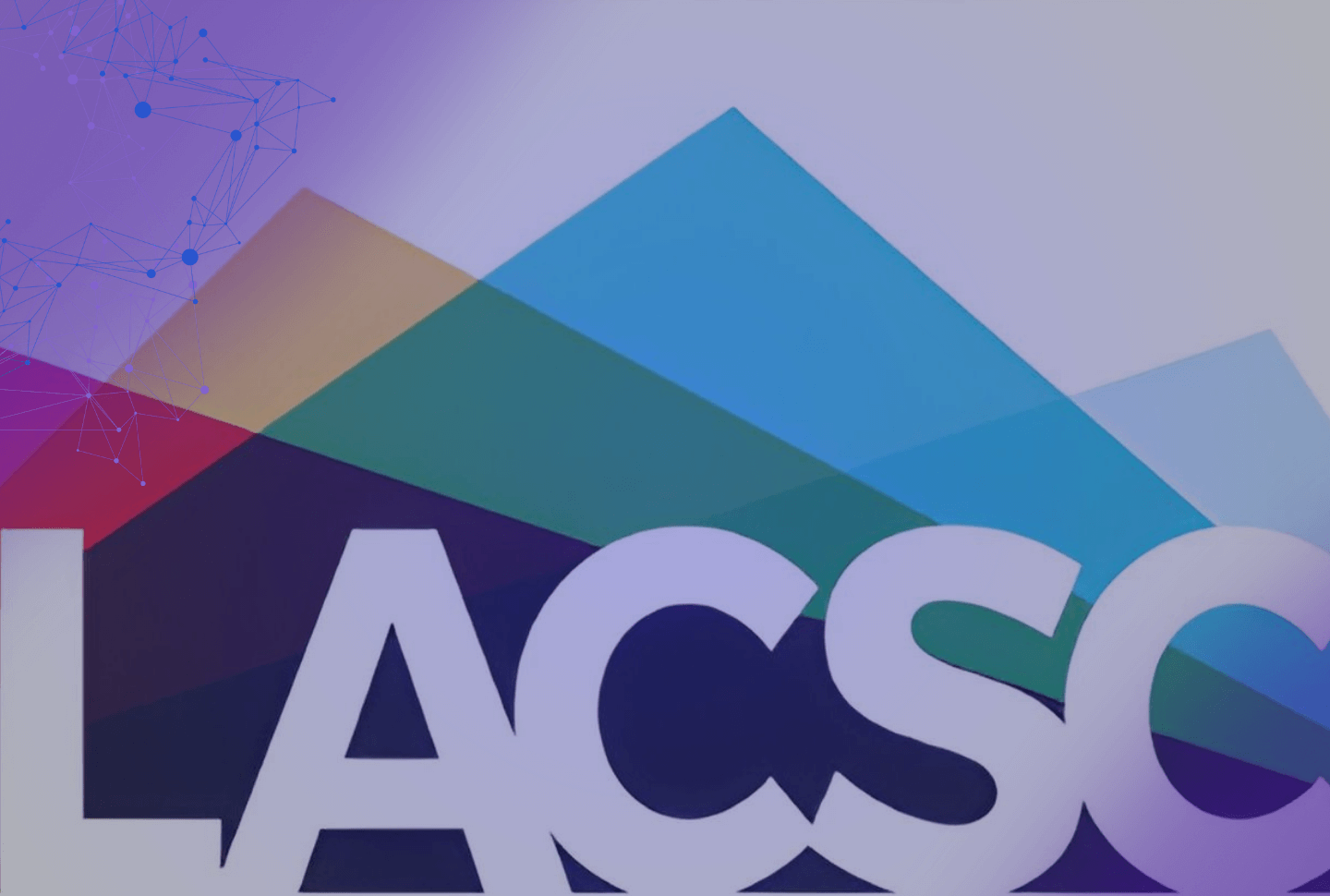In the era where data reigns supreme, The International Association for Statistical Computing stands as a vital beacon of knowledge, fostering collaboration and innovation, and guiding the global community through the complex landscape of statistical computing in the digital age.
Website
To enhance the engagements to the association, we have implemented various strategies, all coordinated by the association's officers. Firstly, we are committed to redesigning or optimizing the organization's website to improve usability and present compelling content, attracting more individuals to participate in the organization's activities.
Social Media
Secondly, through social media platforms such as LinkedIn, Facebook, and Twitter, the Association actively works to increase the organization's visibility. Through regular email communications and News, we share the latest updates, events, research findings, etc., ensuring these communications have attention-grabbing titles and content to boost open rates.
